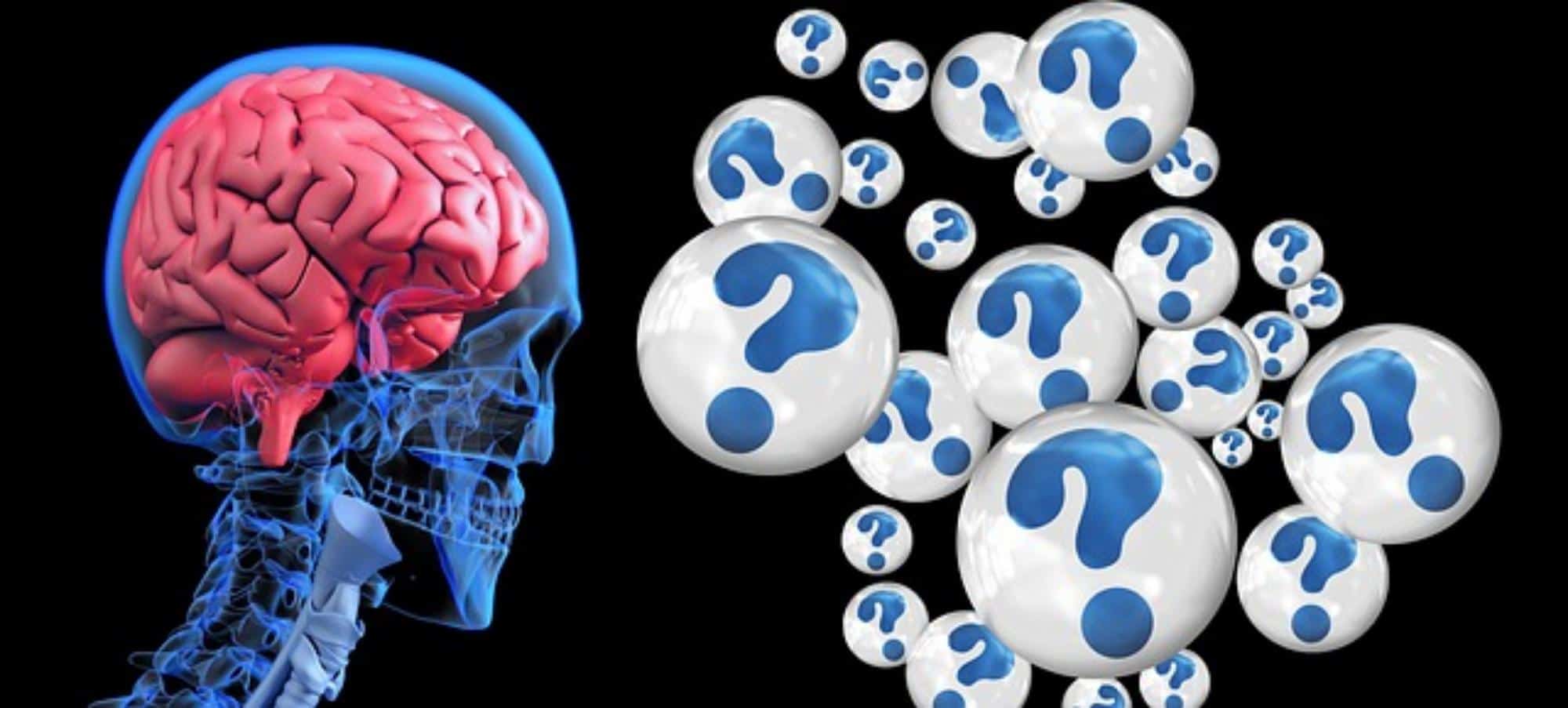Learn Here About The Effects Of Depression On Your Senior Loved One With Dementia
Your senior loved one has Alzheimer’s Disease, and you’ve noticed an unexpected decline in their cognitive ability. Pegasus home care specialists in Studio City and elsewhere know that more than one condition impairs mental health. In this article, they explain how depression affects the dementia patient.
Dementia is an overall term for several cognitive diseases, the most well known of which is Alzheimer’s. Individuals with dementia typically lose memory, thinking, and social skills. As the condition progresses, they may eventually lose the ability to care for themselves.
Damage to the nerve cells in the brain is the underlying cause of dementia. Causes of the damage vary, which means cells in different areas are injured. That’s why the symptoms and progression of the disease vary among individuals.
Depression is a mood disorder that causes unrelenting sadness. It’s triggered by a variety of circumstances that change the ways in which brain cells communicate with each other. It may be short-lived or chronic.
Depressed individuals often have memory difficulties and undergo personality changes. Many lose interest in social activities. Some have trouble thinking and difficulty with day-to-day activities.
Depression is more than psychological. It also has a physical effect on the brain, including
- Shrinkage of tissue in specific regions
- Inflammation of tissue
- Restricted oxygen
- Changes in the brain’s cellular structure
All of these can result in the death of brain cells.
The Symptoms Of Depression And Dementia Are Similar
As you probably noticed, the primary symptoms of dementia and depression can be similar. Determining which one is which can make diagnosis a challenge, especially in mature adults. Differences that help distinguish between the two include the following secondary symptoms:
Symptoms of depression
- Loss of cognitive ability is rapid
- Not confused as to date, time, location
- Difficulty concentrating
- Movement and speaking are normal but slow
- Memory loss is cause for worry
Symptoms of dementia
- Loss of cognitive ability is slow
- Disoriented as to date, time, location
- Short-term memory loss
- Impaired ability to move and speak
- Seems uncaring about memory loss
Complicating matters is the fact that there’s more than one type of dementia. Depression also has many triggering factors. Every individual has a different combination of causes, symptoms, and reactions.
All that makes it harder to distinguish which condition is affecting your senior. Additionally, dementia impairs their ability to express their emotions. You may have to rely on your observations to help them.
Keeping a log of your senior loved one’s symptoms can help you find ways of easing their distress. You may discover what triggers their worst episodes. That can help to prevent, or at least alleviate their reactions.
A record of symptoms can also aid your healthcare practitioner in making an accurate diagnosis. That’s essential, as treatments for depression differ from those for dementia.
What’s The Relationship Between Dementia and Depression?
Depression and dementia can occur together in individuals, especially the elderly. That’s led professionals to question if one causes the other. If so, which one is the culprit?
Research is inconclusive so far. Individuals with dementia often feel depressed. People who are depressed develop dementia more frequently than people who aren’t depressed.
One condition doesn’t necessarily lead to the other. Not every individual with dementia is depressed. Lots of depressed people don’t develop dementia.
However, studies have shown that a history of depression doubles the risk of dementia. The damage caused to brain cells by chronic depression is thought to be responsible for the onset of dementia. Research has not yet proven that hypothesis.
There’s some evidence that certain medications used to treat depression contribute to the development of dementia. Other studies indicate that depression is a reaction to a dementia diagnosis. Some scientists theorize depression is an early symptom of dementia.
Some researchers are investigating whether some as yet unknown factor causes both depression and depression. There may be a genetic component to both.
Depression Usually Makes Dementia Worse
Quality of life is frequently reduced for individuals with dementia. It’s also reduced for individuals who are depressed. That’s compounded when your senior loved one has both dementia and depression.
Medical science has established that depression significantly reduces quality of life in dementia patients. Depression in an individual with dementia results in:
- Increased cognitive impairment
- Less ability to perform day-to-day living skills
- Greater dependence on caregivers
Whether or not depression is one of the causes of dementia, it can make the symptoms worse for most individuals.
Several types of antidepressants may be prescribed for your senior loved one. Some of these are less effective when the depression is accompanied by dementia. Depression counseling can be helpful if started before dementia steals away the ability to communicate.
Dementia and depression interact, with each potentially worsening the other. It’s crucial to start treatment at the first symptoms of either. That minimizes their effect on your senior’s mental health.
Pegasus is a licensed Home Care Organization and a Joint Commission Accredited Home Health Care organization. Our home care services in Studio City and our other locations are based on helping individuals feel safe and respected. We tailor our assistance to meet their needs regardless of the level of care required.

